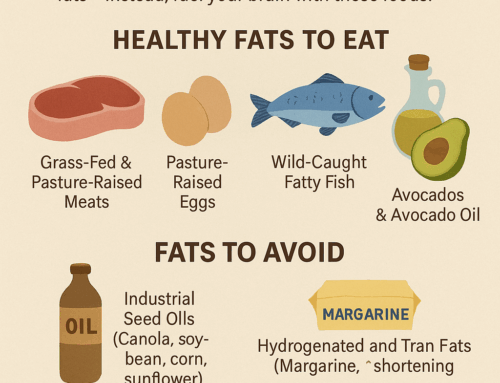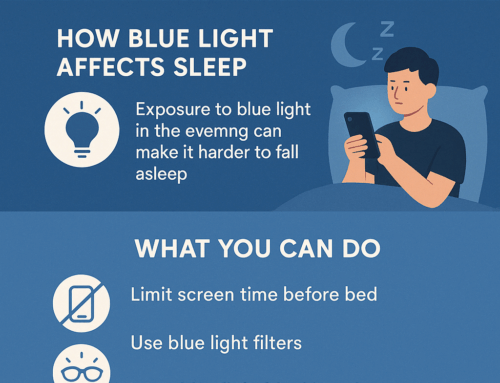In recent years, the conversation around mental health has transformed dramatically, moving from hushed whispers to mainstream discourse. A significant driver of this change has been the rise of mental health bloggers—individuals who share their journeys, professional insights, and supportive advice online. These bloggers are not just chronicling their own experiences; they are creating communities, breaking down stigma, and offering resources that make mental health support more accessible than ever.
The Power of Personal Stories
Mental health bloggers often start with their own stories. These narratives are powerful because they provide relatable experiences that can help others feel less isolated in their struggles. For instance, when a blogger discusses their battle with anxiety or depression, readers who are experiencing similar issues find solace in knowing they are not alone. This shared understanding fosters a sense of community and belonging.
Take Jenny Lawson, known as “The Bloggess,” who has openly written about her struggles with severe anxiety and depression. Her candid, often humorous take on her mental health challenges has garnered a massive following and helped many readers feel understood and less isolated. You can find her page at https://thebloggess.com/
Breaking Down Stigma
The stigma around mental health issues can prevent people from seeking the help they need. Mental health bloggers play a crucial role in challenging these misconceptions. By openly discussing their conditions, they normalize the conversation around mental health, making it easier for others to talk about their own experiences.
For example, Matt Haig, an author and mental health advocate, uses his blog and social media platforms to discuss his experiences with depression and anxiety. His openness helps to dismantle the stigma, encouraging others to seek help without shame. You can find his website at http://www.matthaig.com/life/
Providing Resources and Support
Beyond sharing stories, many mental health bloggers offer valuable resources, including coping strategies, therapy options, self-care tips, and book recommendations. This practical advice can be a lifeline for struggling people who don’t know where to turn.
Therapist and blogger Kati Morton is a prime example. Her blog and YouTube channel provide accessible information on a wide range of mental health topics, from understanding different mental illnesses to practical tips for managing stress and anxiety. Her professional insights are invaluable for people looking for guidance and support. You can find her at https://katimorton.com.
Building Communities
Mental health bloggers often create supportive online communities where individuals can connect and share their experiences. These communities can be a vital source of support, especially for those who may not have access to mental health services or who feel isolated.
The Mighty (https://themighty.com/) is a platform where people share personal stories and connect with others facing similar challenges. It offers a space for people to support one another, exchange advice, and foster a sense of camaraderie.
Inspiring Advocacy and Change
Many mental health bloggers advocate, working to influence public policy, raise awareness, and improve mental health services. Their efforts help to drive broader societal changes that benefit everyone.
For instance, the American Warrior Association is a non-profit dedicated to helping our active-duty military and veterans. They advocate for mental health awareness, among other social issues. Their work inspires others to get involved and pushes for systemic changes that support mental well-being throughout our military. You can find their page at https://awa-usa.org/
Mental health bloggers are more than just writers; they are advocates, educators, and community builders. Through their personal stories, they provide comfort and understanding. By challenging stigma, they create a more open dialogue around mental health. With their resources and support, they offer practical help and hope. And through their advocacy, they inspire broader societal change.
For more of our blogs, visit https://thejemfoundation.com/blog/







Leave A Comment